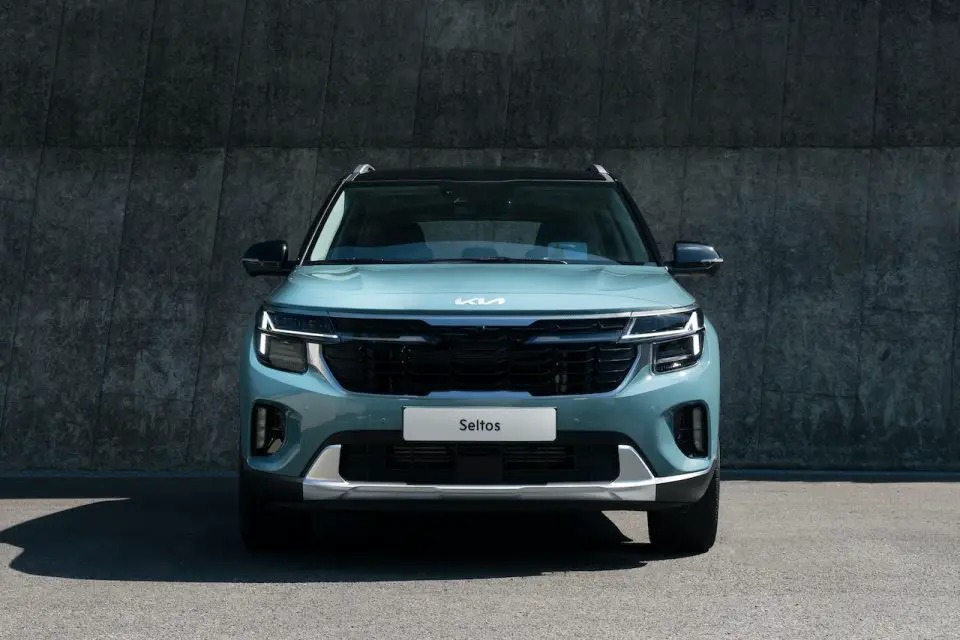Hyundai and Kia have issued a recall for nearly 3.4 million vehicles across the United States due to concerns of engine compartment fires. The affected vehicles, spanning model years from 2010 to 2019, include Hyundai’s popular Santa Fe SUV and Kia’s Sorrento SUV.
According to documents released by the U.S. National Highway Traffic Safety Administration, the culprit behind the potential hazard lies in the anti-lock brake control module. It has been identified that a leakage of fluid from this module could trigger an electrical short, potentially leading to fires, both during operation and while parked.
To mitigate this risk, Hyundai and Kia have advised owners to park their vehicles outdoors, away from any structures, until the necessary repairs are conducted. The companies will be covering the cost of replacing the anti-lock brake fuse, ensuring no financial burden falls on the owners.
Hyundai has reported 21 incidents of fires linked to the affected vehicles, while Kia has reported 10. Investigations indicate that the fires may be attributed to an O-ring within the anti-lock brake motor shaft. This O-ring loses its sealing capacity due to the presence of moisture, dirt, and dissolved metals in the brake fluid, causing leakage and, subsequently, an electrical short circuit.
Michael Brooks, Executive Director of the nonprofit Center for Auto Safety, has raised critical questions regarding the manufacturers’ approach to the issue. He highlights the need for a direct fix to the O-ring and leak problem, and queries the delay in sending notifications to owners. Additionally, he questions why the National Highway Traffic Safety Administration is not mandating a resolution to the design flaw, and calls for immediate interim warnings to be dispatched to affected car owners.
As of now, no official response has been provided by Hyundai, Kia, or the National Highway Traffic Safety Administration in relation to these inquiries.
The recall encompasses a broad spectrum of models, including Kia’s Borrego, Cadenza, Forte, Forte Koup, Sportage, K900, Optima, Optima Hybrid, Soul, Rio, Sorento, and Rondo models. Hyundai’s Elantra, Genesis Coupe, Sonata Hybrid, Accent, Azera, Veloster, Elantra Coupe, Santa Fe, Equus, Veracruz, Tucson, Tucson Fuel Cell, and Santa Fe Sport models are also affected.
Vehicle owners seeking information on whether their vehicle is part of the recall can visit www.nhtsa.gov/recalls and input their 17-digit vehicle identification number for verification.
This recall presents another significant challenge for Hyundai and Kia, with the nonprofit Center for Auto Safety reporting previous recalls of over 9.2 million vehicles due to fire and engine-related issues. Concurrently, the National Highway Traffic Safety Administration is presently scrutinizing 3 million vehicles manufactured between 2011 and 2016 for potential engine fire risks. In 2020, Hyundai and Kia were also subject to fines by the NHTSA for delays in recalling vehicles prone to engine failures.
While vehicle owners may understandably feel concerned or frustrated by the recall, both Hyundai and Kia have reassured the public that no accidents or injuries have been reported in conjunction with the recalled vehicles. The companies emphasize that owners may continue to operate their vehicles until the necessary repairs are executed. However, it is imperative that owners take precautionary measures, including parking their vehicles outdoors and away from structures, until the necessary rectifications are completed.
Source: AP News

